- Define the Problem Clearly: Before diving into solutions, it's crucial to articulate the problem accurately. Clearly define the issue at hand, avoiding vague or overly broad descriptions. A well-defined problem sets the foundation for focused and effective problem-solving.
- Understand the Root Cause: Identifying the root cause of a problem is fundamental to solving it comprehensively. Take the time to analyze the underlying factors contributing to the issue. This understanding helps prevent the recurrence of the problem and allows for the development of targeted solutions.
- Gather Relevant Information: Informed decisions stem from thorough research and data collection. Gather relevant information about the problem, considering both quantitative and qualitative data. A comprehensive understanding of the context surrounding the issue empowers problem solvers to make well-informed and strategic decisions.
- Consider Multiple Perspectives: Problems often affect various stakeholders, each with unique perspectives. Consider the viewpoints of all relevant parties to ensure a holistic understanding of the situation. This inclusive approach not only enriches the problem-solving process but also increases the likelihood of generating solutions that address the diverse needs of those involved.
- Generate Alternative Solutions: Encourage creative thinking and brainstorm multiple solutions to the problem. Avoid fixating on the first idea that comes to mind; instead, explore a range of possibilities. This divergent thinking fosters innovation and opens up avenues for novel approaches to addressing the issue.
- Evaluate and Select the Best Solution: Once a variety of solutions is on the table, evaluate each option based on predefined criteria. Consider factors such as feasibility, effectiveness, and potential impact. The goal is to choose the solution that aligns best with the defined problem and addresses it in the most efficient and sustainable manner.
- Implement and Monitor: Implementation is a crucial phase of problem-solving. Execute the chosen solution and closely monitor its progress. Be prepared to adapt and make adjustments as needed. Continuous evaluation ensures that the solution remains effective and responsive to any evolving circumstances.
In conclusion, effective problem-solving involves a methodical consideration of these core elements. By approaching challenges with clarity, a commitment to understanding root causes, and an openness to diverse perspectives, individuals and teams can navigate problems successfully and foster a culture of continuous improvement.
CEO, Head Coach and Author
Potentials Realized | Group Coaching Essentials
Leadership | Teamwork | Coaching
Contact: 1-416-996-8326
Email: [email protected]
Instagram:@ReconnectingWorkspaces @CoachingBusinessBuilder
Pick up a copy of Reconnecting Workspaces: Pathways to Thrive in the Virtual, Remote and Hybrid World at Amazon – https://bit.ly/reconnectingworkspaces.
Check out my latest TEDx talk – Coaching Teams Through Chaos at https://www.ted.com/talks/jennifer_britton_coaching_teams_through_chaos
Set up a call with myself or my team to learn more about how we can support you through our award-winning ICF CCE approved Coach Training programs – https://calendly.com/potentials-realized/group-coaching-essentials
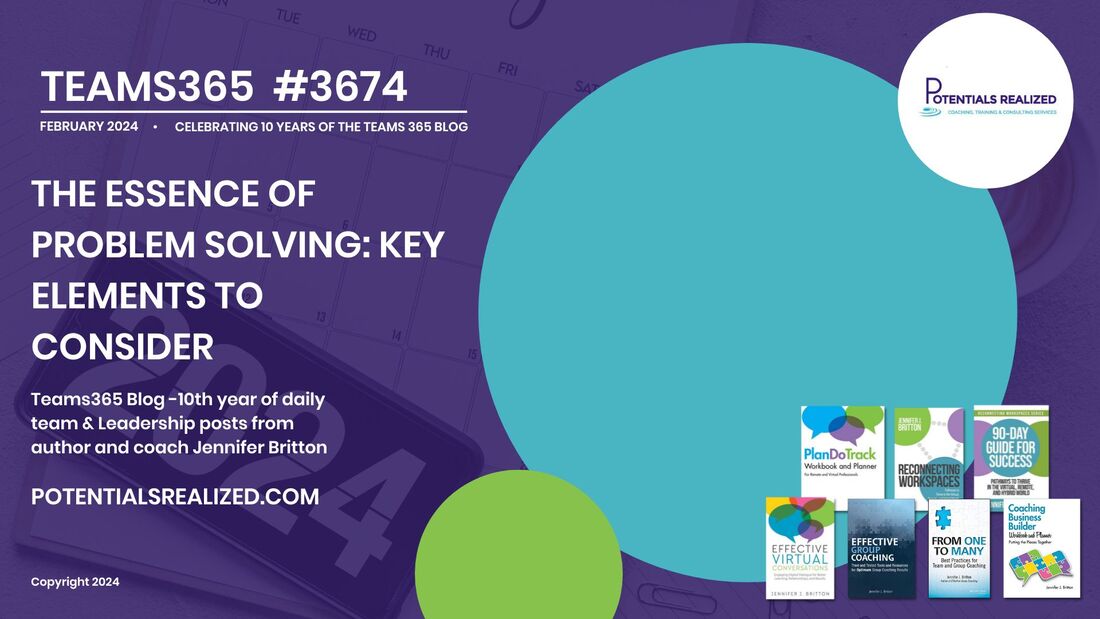
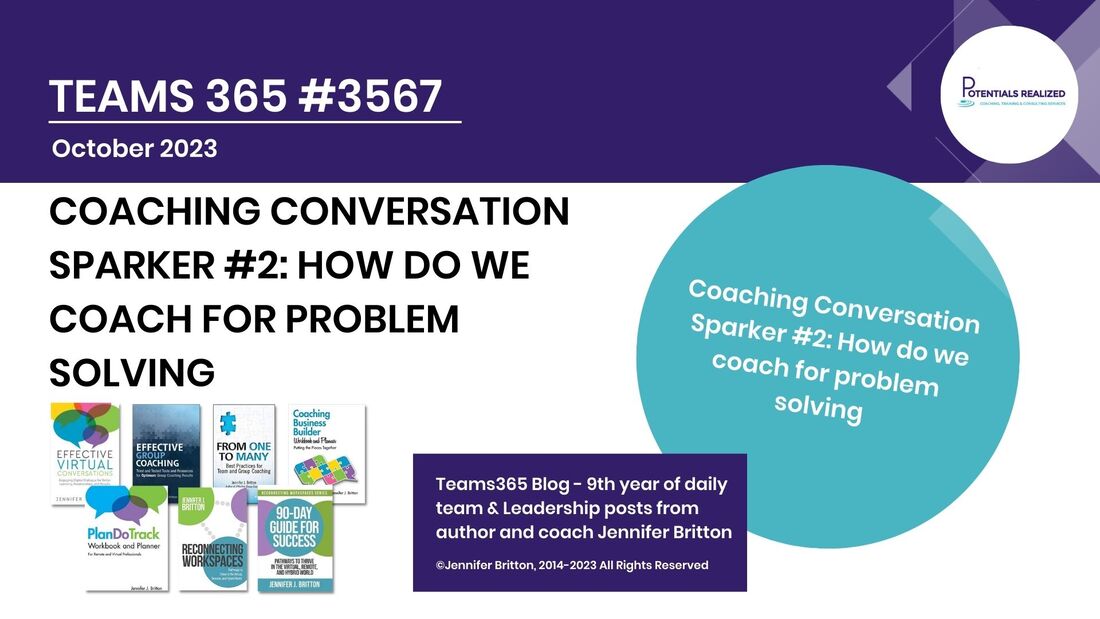
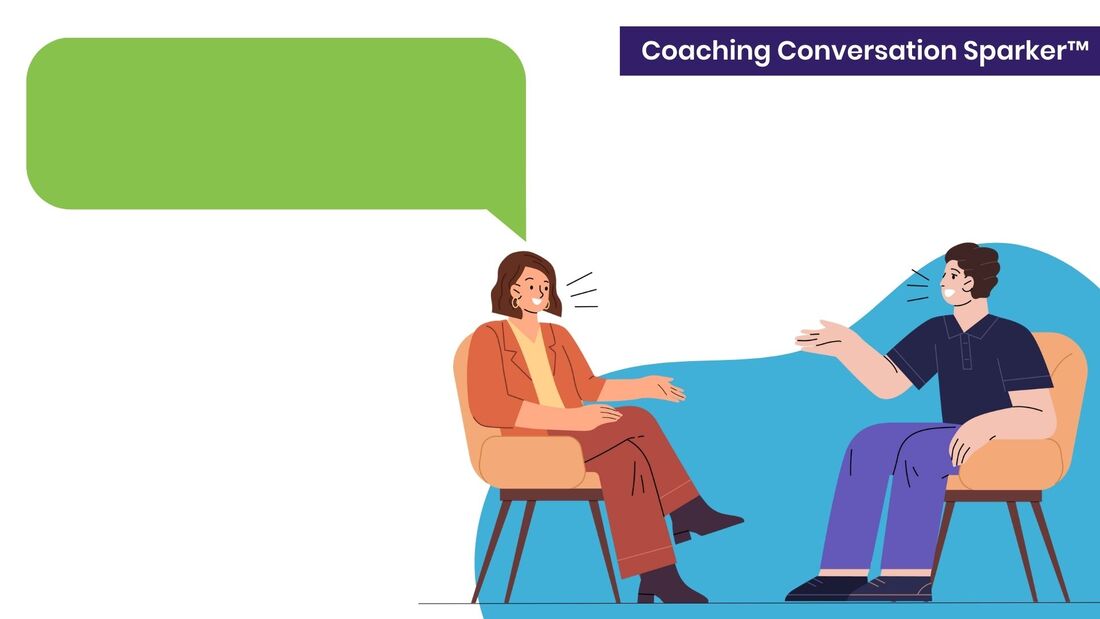
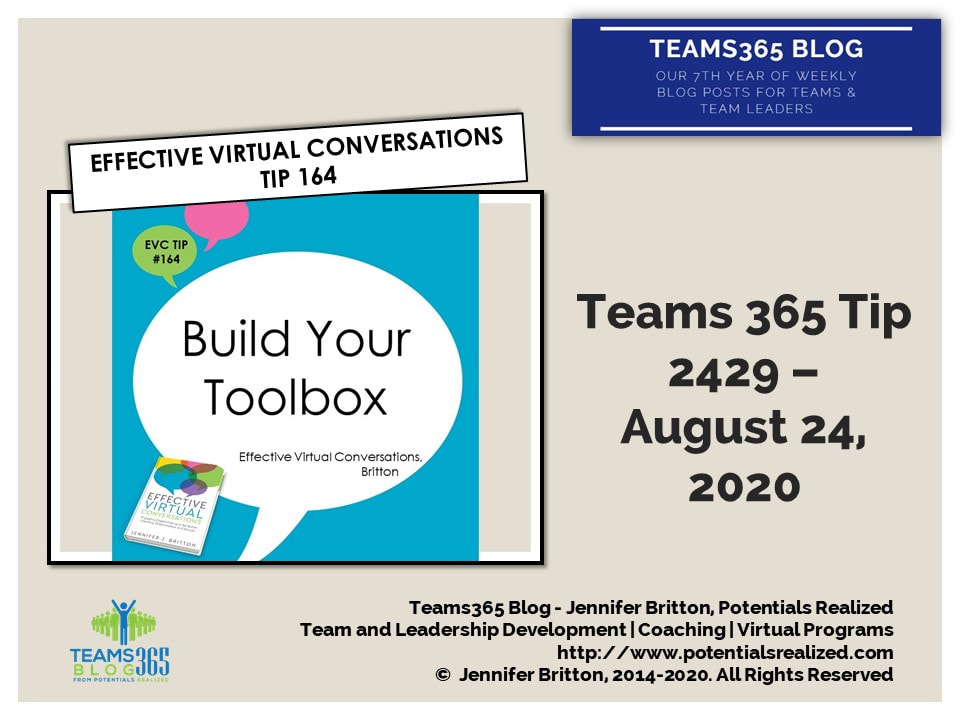
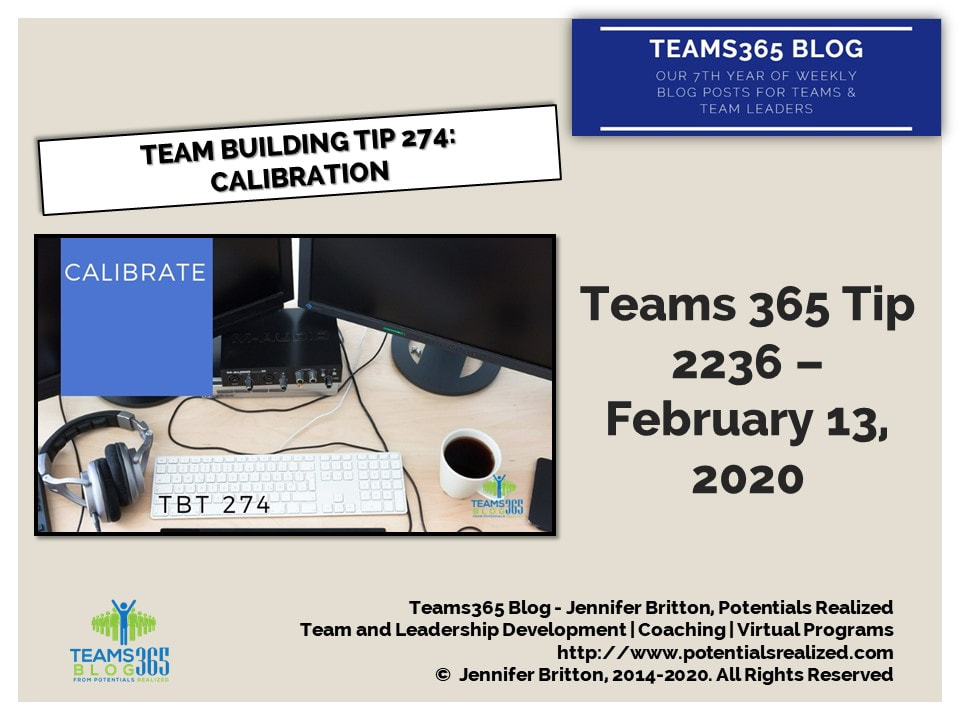
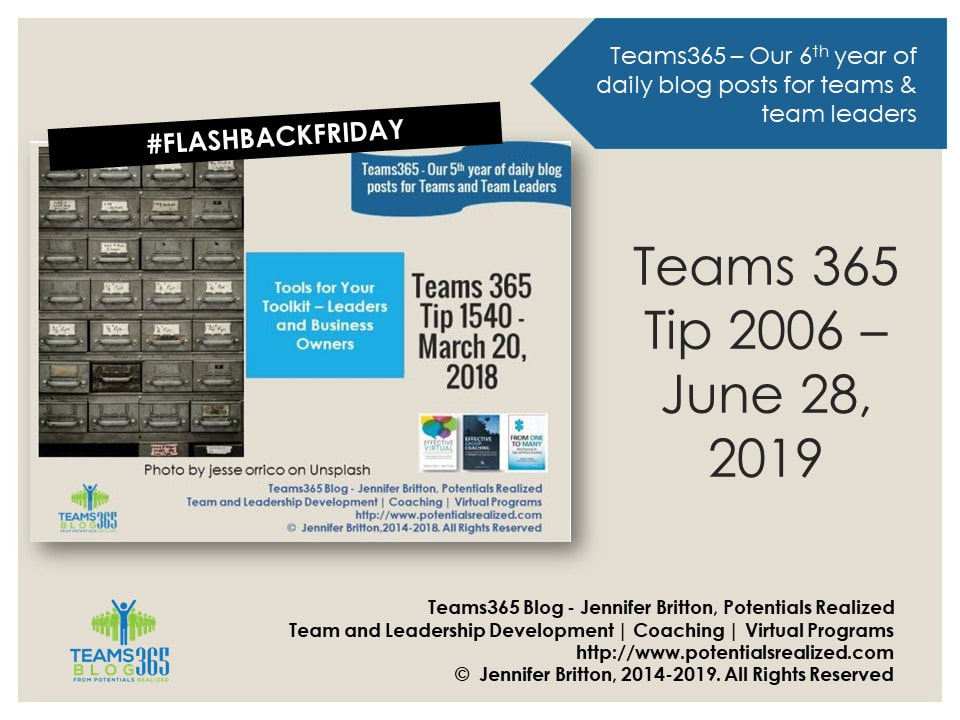
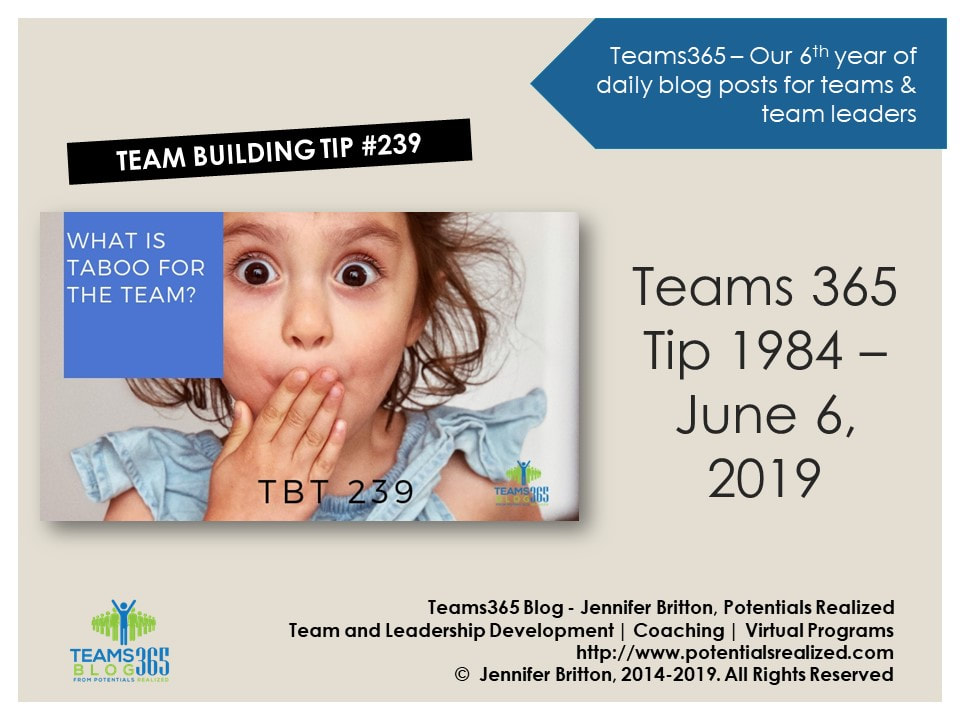
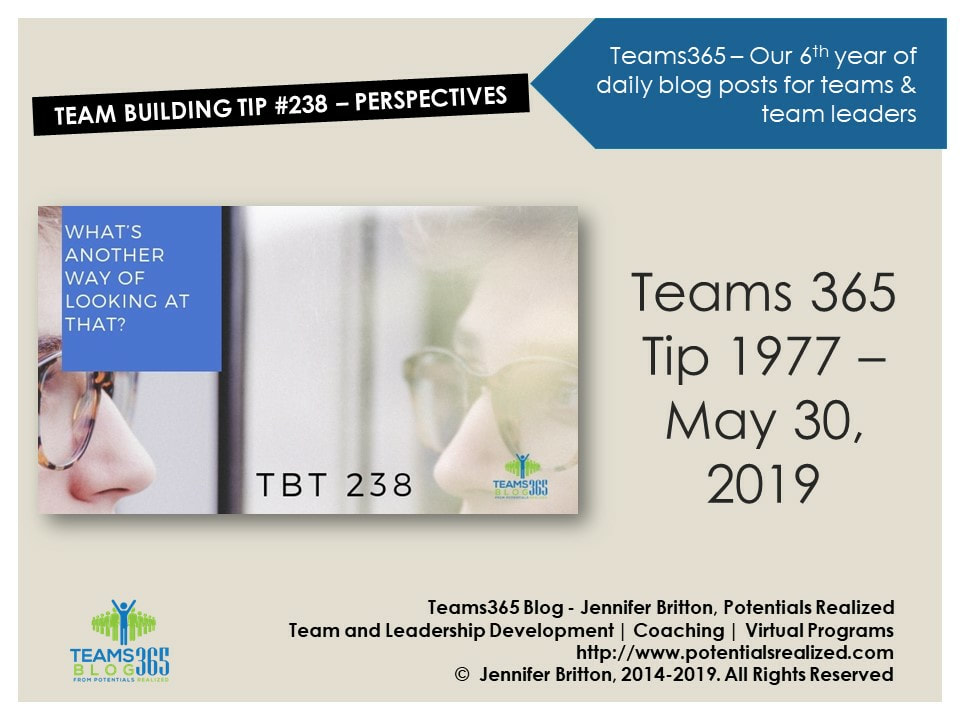
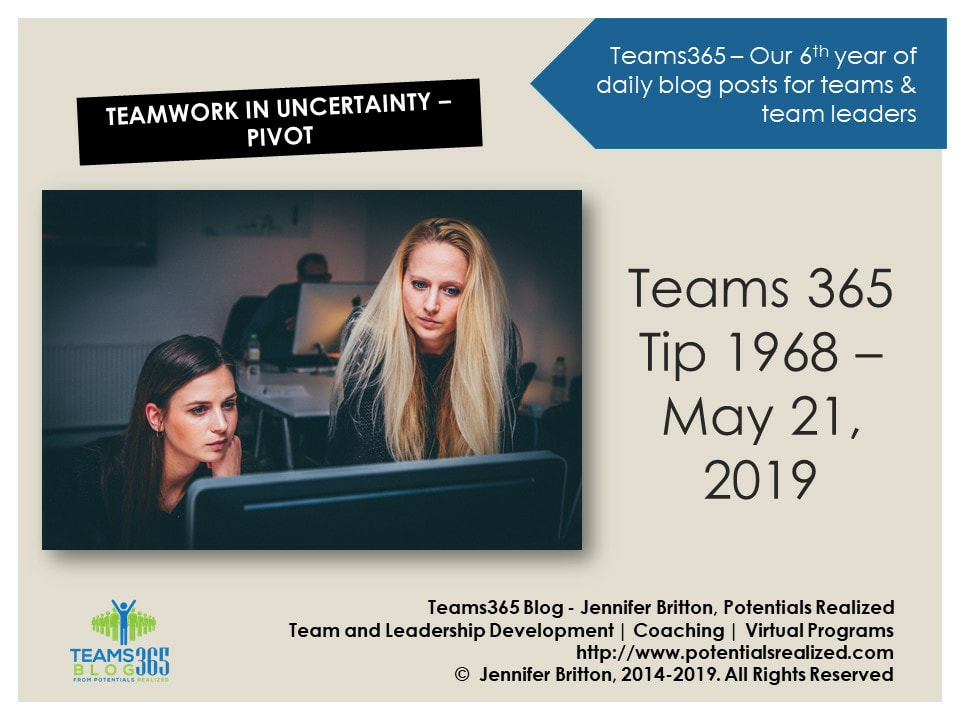
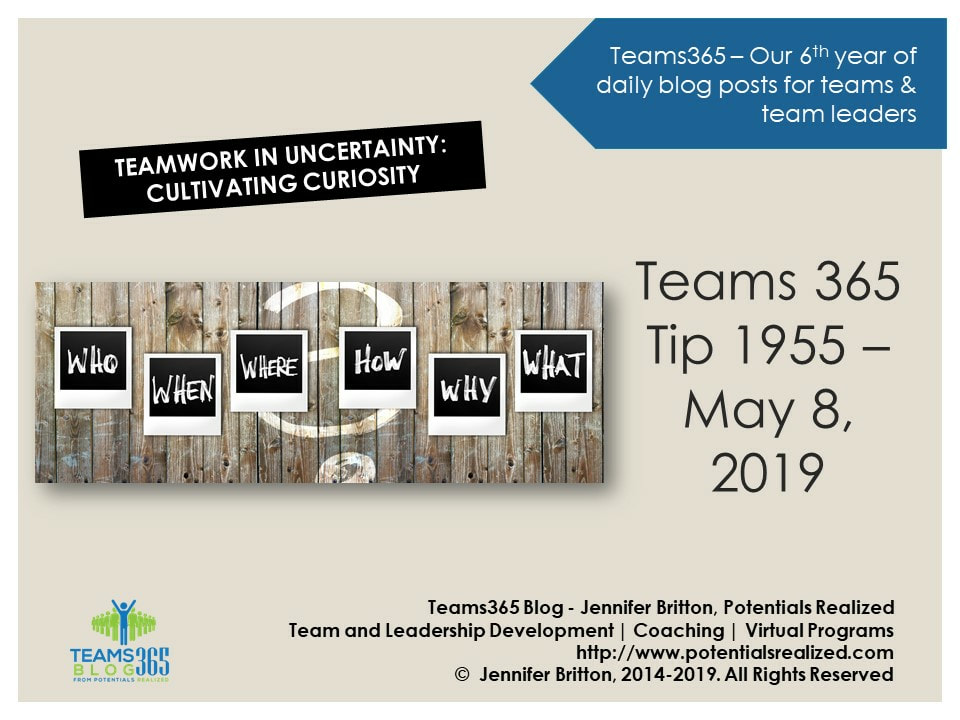
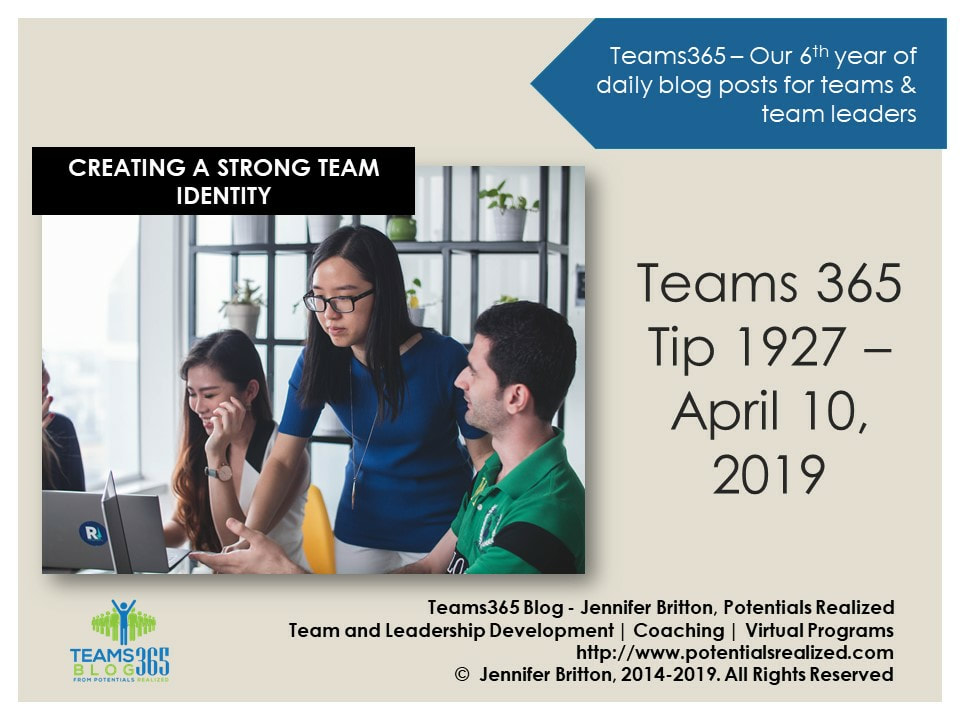
 RSS Feed
RSS Feed





